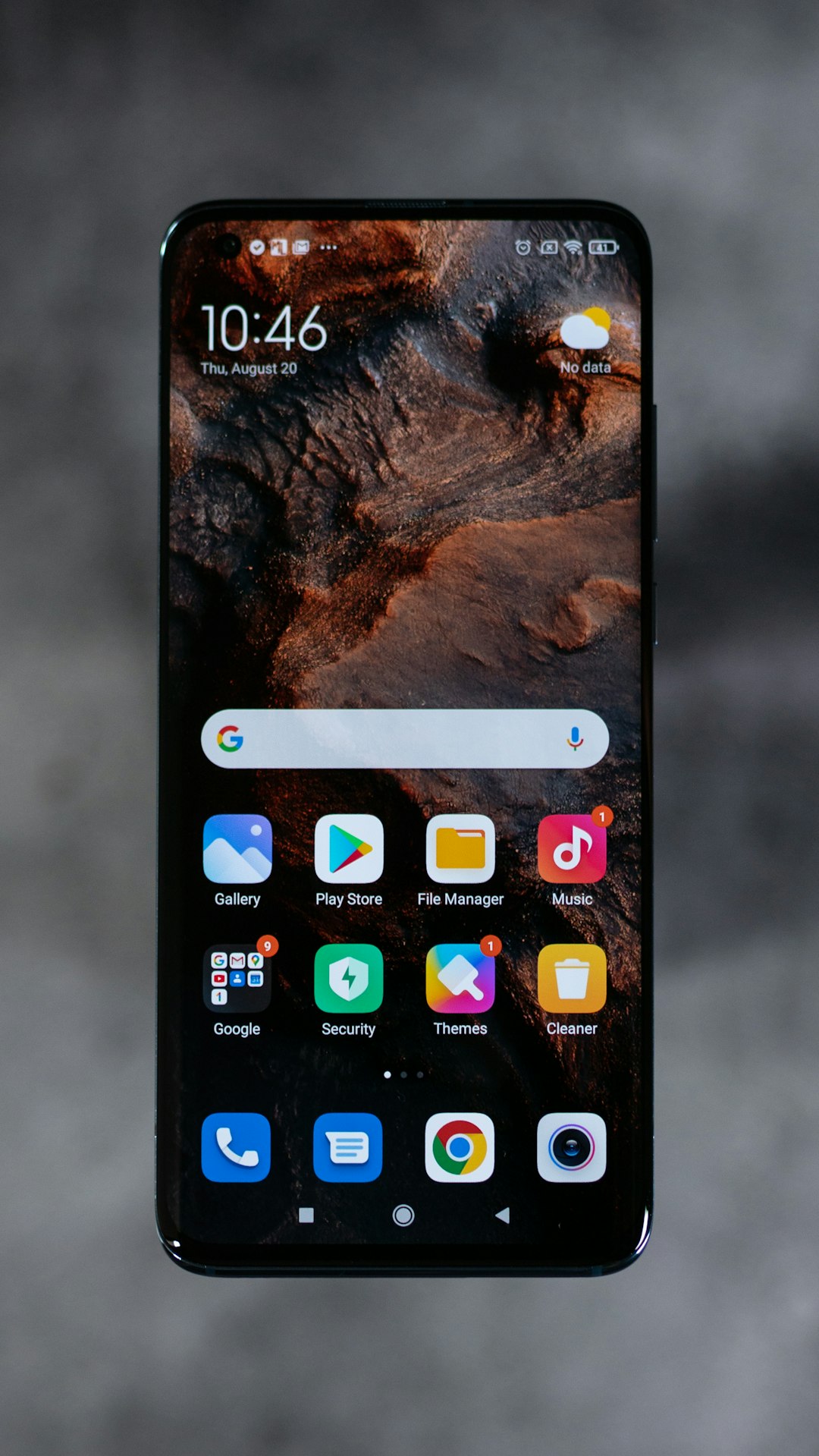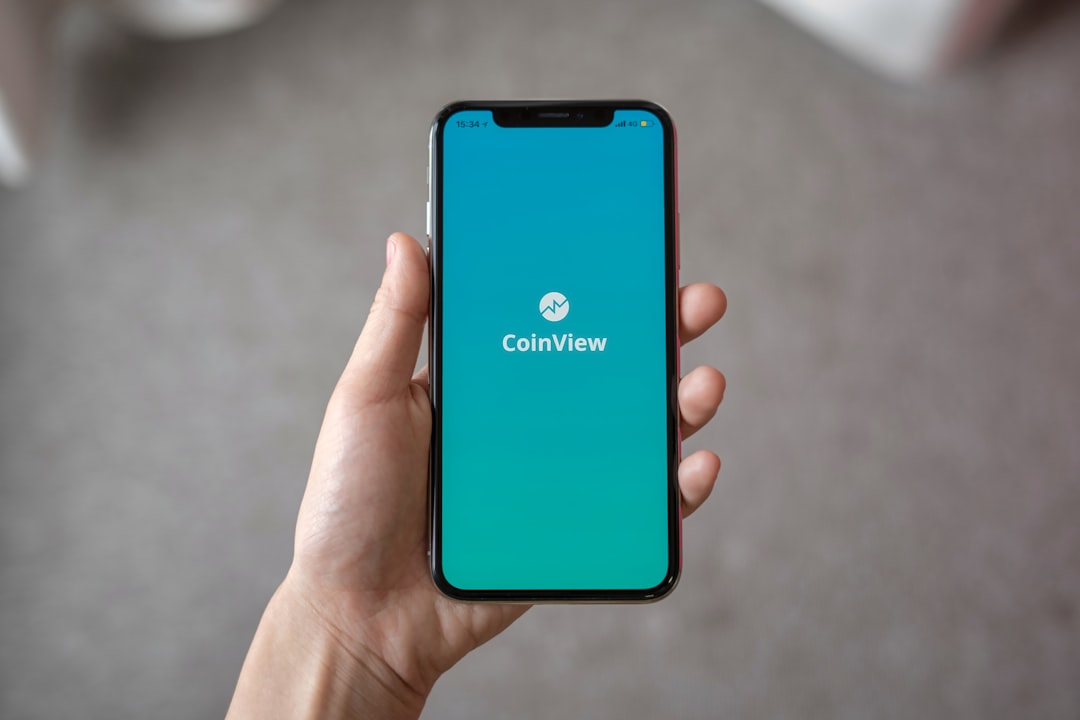Sharing your phone number online can expose you to unwanted marketing calls, identity theft, and fraud. In Philadelphia, the Telephone Consumer Protection Act (TCPA) protects residents from such harassment. If you've received nuisance calls or texts after sharing your number, consult a TCPA lawyer in Philadelphia for guidance on your rights and legal action against violators. These experts can help manage marketing lists and stop unwanted contact, ensuring peace of mind when sharing personal information online.
In today’s digital age, sharing your phone number online has become ubiquitous. However, this convenience comes with risks, especially in a bustling metropolis like Philadelphia. This article explores the perils of exposing your phone number online, delving into how the TCPA (Telemarketing Consumer Protection Act) protects Philadelphians from spam and unwanted calls. We’ll also discuss when communication crosses the line to harassment and the legal recourse available to victims. Understanding these dynamics is crucial for navigating the complex landscape of online privacy in Philadelphia, and a lawyer specializing in TCPA laws can be an invaluable asset.
The Risks of Phone Number Exposure Online

Sharing your phone number online can expose you to various risks, from unwanted marketing calls and text messages to potential identity theft and fraud. In today’s digital era, many platforms and services require users to provide their contact information, but it’s crucial to be mindful of the consequences. Once your phone number is made public, it enters a vast online database, easily accessible by businesses, scammers, and even malicious actors looking to exploit personal information.
As a Philadelphian, being aware of these risks is essential. If you’ve experienced annoyance, harassment, or even financial loss due to unsolicited communications, consulting a lawyer specializing in TCPA (Telephone Consumer Protection Act) cases could be beneficial. A Philadelphia-based TCPA lawyer can help you understand your rights and take legal action against violators, ensuring your phone number remains private and secure.
TCPA Laws: Protecting Philadelphians from Spam

In Philadelphia, as in many places across the country, the Telephone Consumer Protection Act (TCPA) plays a crucial role in protecting residents from unwanted spam calls and text messages. This federal law sets strict guidelines for businesses and individuals when it comes to contacting consumers via phone, with severe penalties for violations. If you’ve shared your phone number online and started receiving nuisance calls or texts, it’s important to consult a lawyer specializing in TCPA laws in Philadelphia. These legal experts can help you understand your rights under the TCPA and take appropriate action if your privacy has been invaded.
The TCPA prohibits companies from making automated telephone calls or sending text messages to any number on a national do-not-call list without prior express consent. It also requires businesses to implement procedures for managing consumer opt-outs, ensuring that they stop contacting individuals who have requested to be removed from their marketing lists. By knowing and enforcing these regulations, Philadelphians can take control of their phone lines and enjoy greater peace of mind when sharing their numbers online.
When Does a Call Become Harassment?

In the digital age, it’s easier than ever to connect with others online, but this convenience comes with potential risks, especially when sharing personal information like your phone number. While many interactions are harmless, there’s a thin line between polite communication and harassment, which can have serious legal consequences. The Telephone Consumer Protection Act (TCPA) in Philadelphia defines harassment as repeated unwanted calls or messages that disrupt an individual’s daily life, cause emotional distress, or invade privacy.
A call could be considered harassing if it involves persistent and unsolicited contact, such as automated or prerecorded calls, or a pattern of aggressive behavior. If you’ve shared your phone number online and start receiving an excessive amount of calls or messages that are unwelcome, a Philadelphia TCPA lawyer can help assess whether these actions constitute harassment and guide you through legal options to protect your rights.
Legal Recourse for Unwanted Communication

If you’ve shared your phone number online and are now facing unwanted communication or calls, it’s essential to know that there is legal recourse available. The Telephone Consumer Protection Act (TCPA) is a federal law designed to protect consumers from unsolicited telephone calls, including those made via automated dialing systems or prerecorded messages. As a Philadelphian, if your number has been used in violation of this act, you have the right to take legal action against the perpetrators.
Hiring a lawyer specializing in TCPA cases in Philadelphia can be a strategic step towards resolving this issue. These attorneys are well-versed in navigating the complexities of the TCPA and can help determine if your rights have been infringed upon. They can represent you in negotiations, file lawsuits on your behalf, or guide you through any legal processes to stop unwanted communication and seek compensation for any damages incurred.






